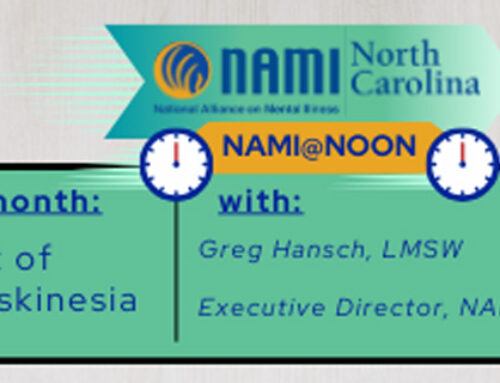
Everybody has ups and downs—in that way, we all share what it means to be human.
But it can be frustrating when people who don’t have bipolar equate life’s “normal” highs and lows to the mania and depression that come with bipolar. This much is crystal clear: These are experiences not everyone shares.
When people say they can relate because they are “so depressed,” or that they spent too much money on Amazon because they were “manic,” they may be coming from a kind-hearted place by trying to be empathetic—but that’s simply not possible.
The comments, no matter how well-intentioned, are infuriating because they diminish—dismiss, even—our reality. Bipolar is a serious matter, but when it is universalized, it gets diluted, to the point where it has become a tongue-in-cheek way to describe unpredictable weather patterns.
This type of invalidation can cause us to question ourselves—when what we need to do is question others. What do they know about bipolar? Do they want to know about it? Are they willing to let us help them understand?
Julie Fast, bp Magazine columnist and blogger, views the “Aren’t we all a bit bipolar?” question as an invitation to provide our loved ones some education—so they can better understand what we are going through.
Her answer: “It does look like that on the surface. We all have emotions, and we certainly all get moody, but I can share a few things with you that show how bipolar disorder isn’t just moodiness. Are you interested?”
“They always say yes,” Fast says, “because I do believe most people are curious and want to learn.” Read more >>




